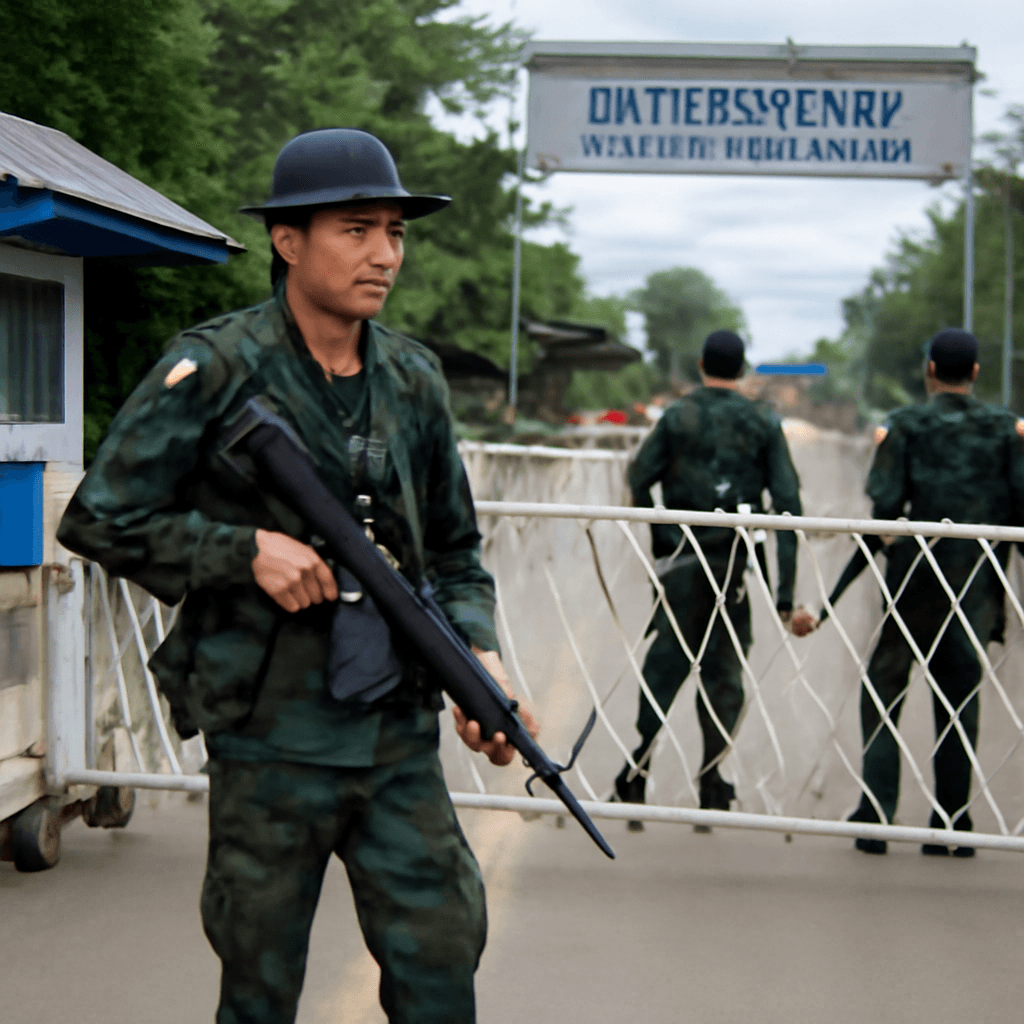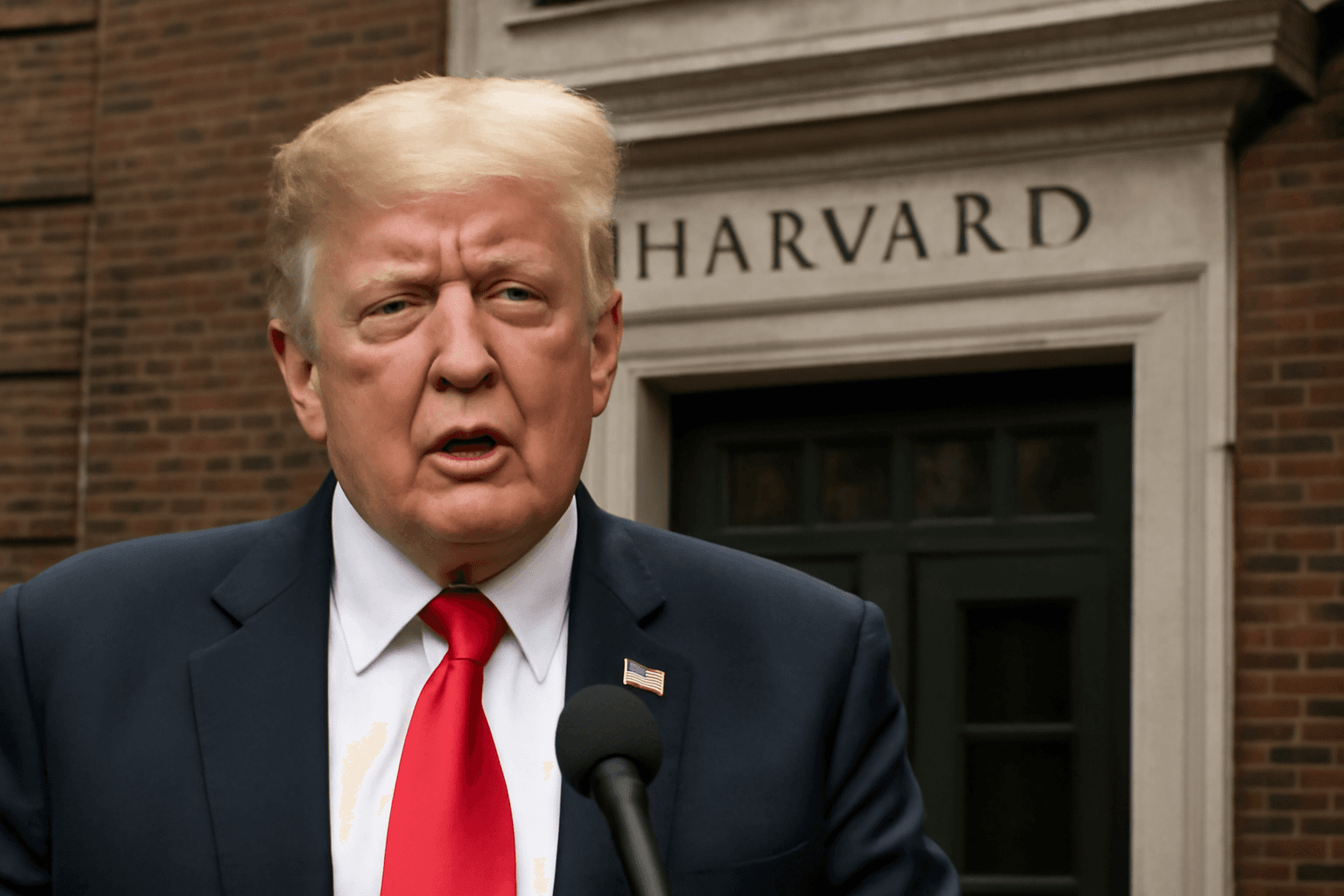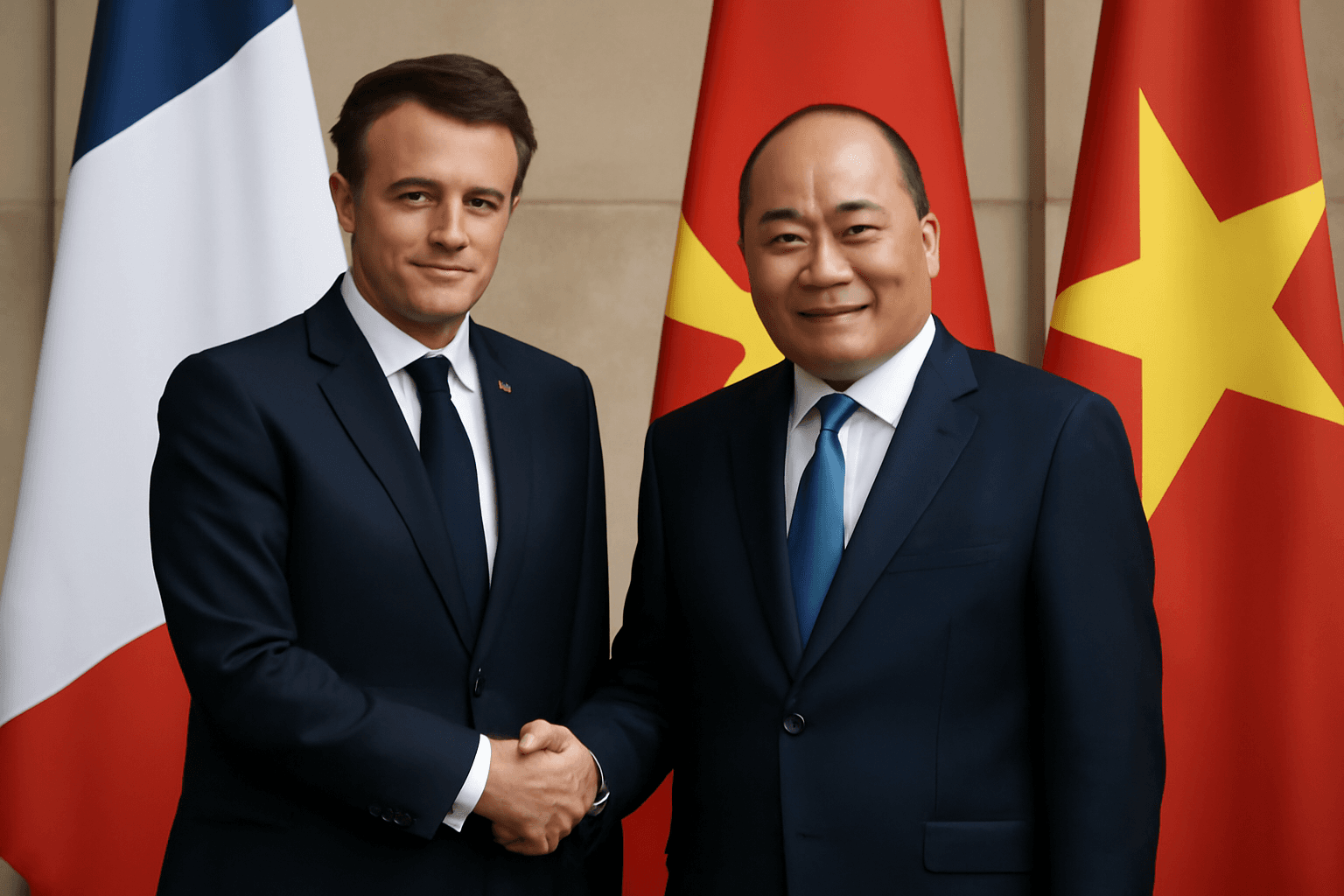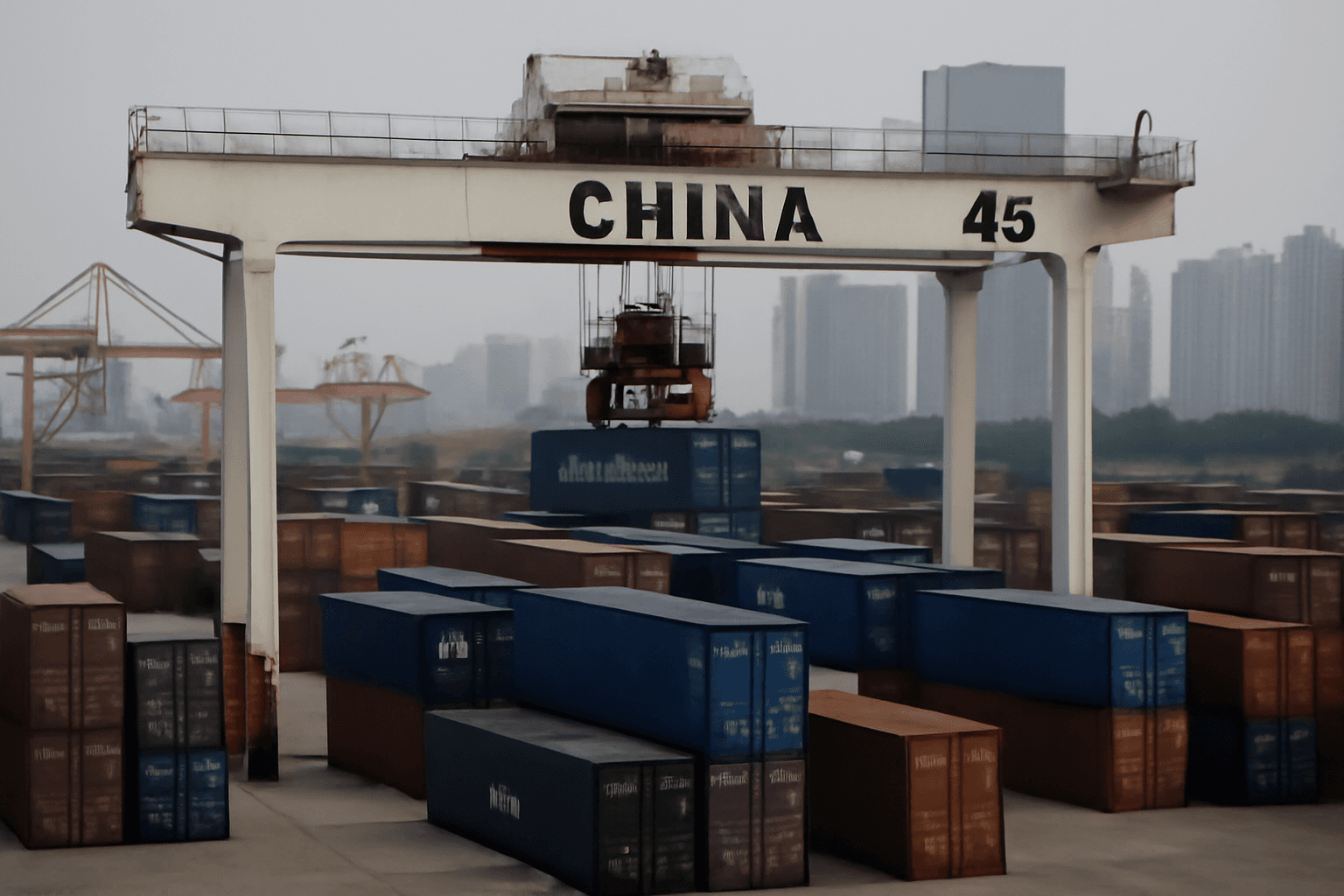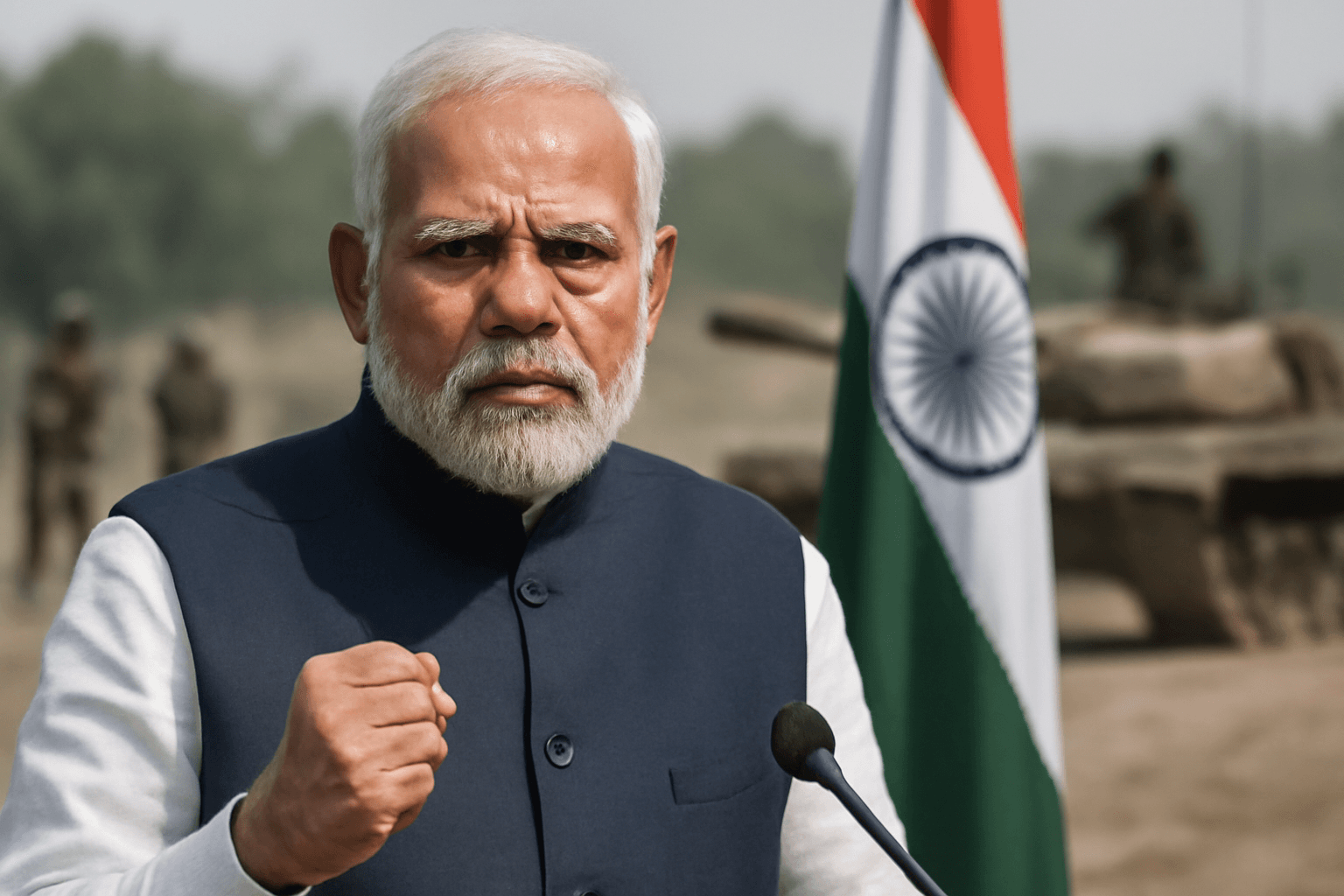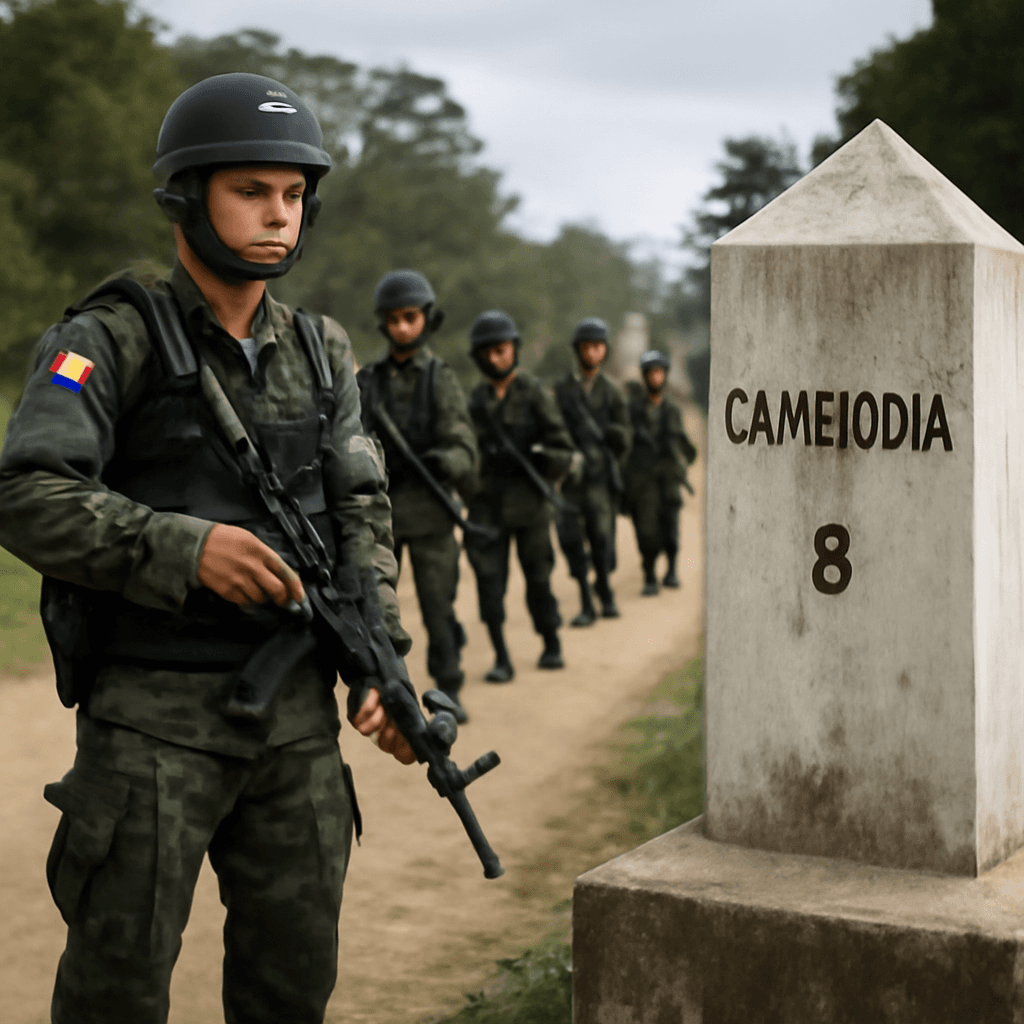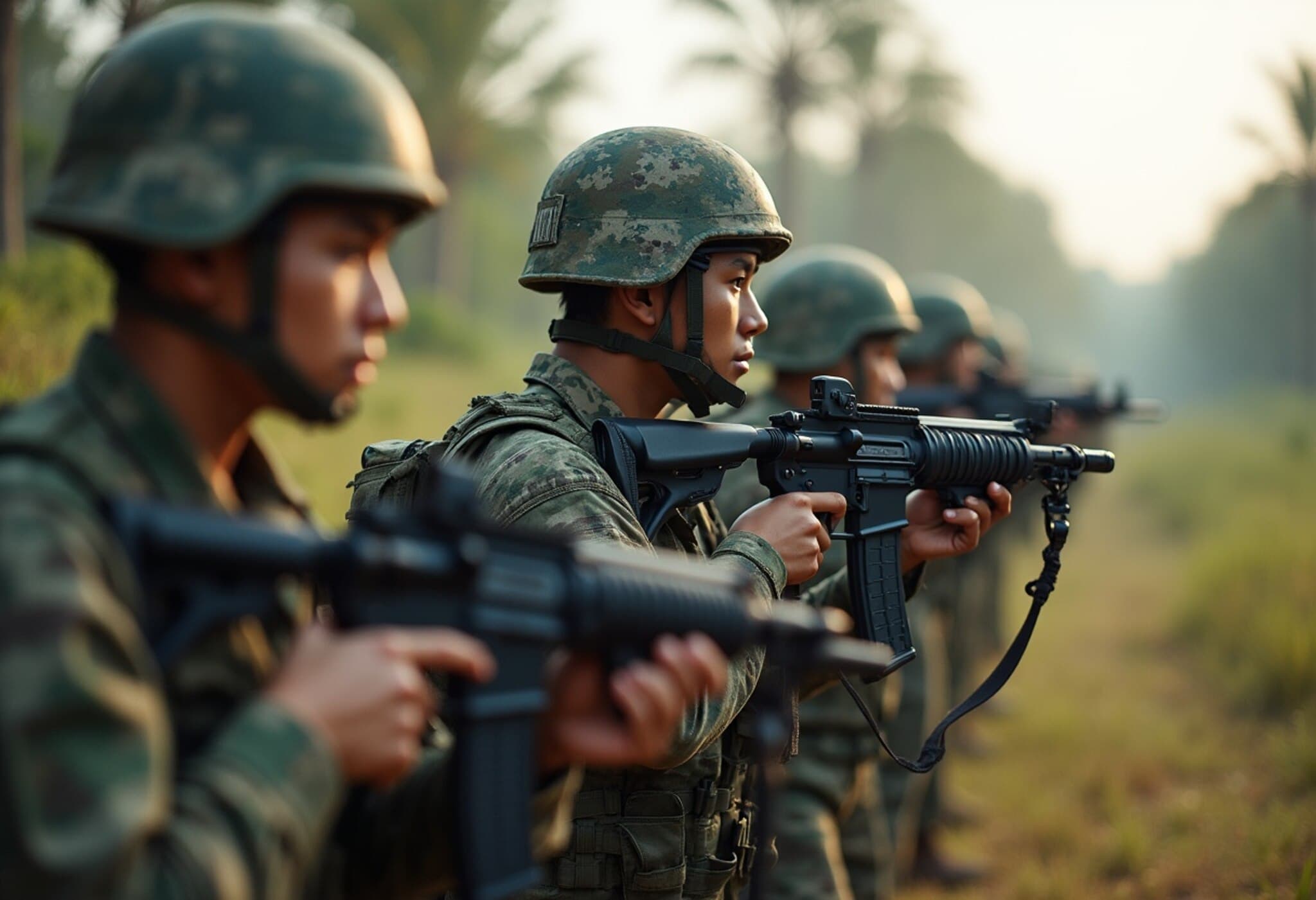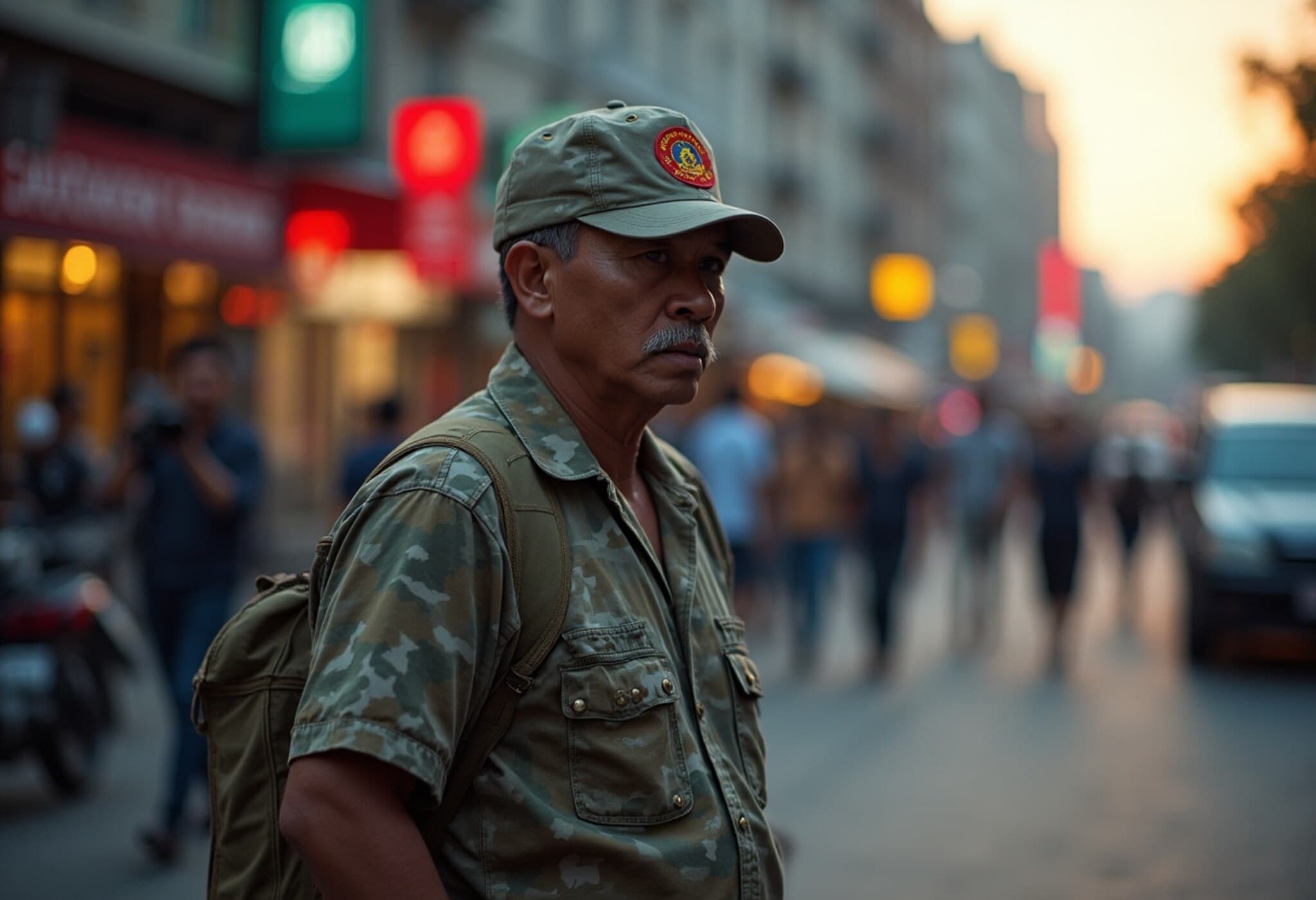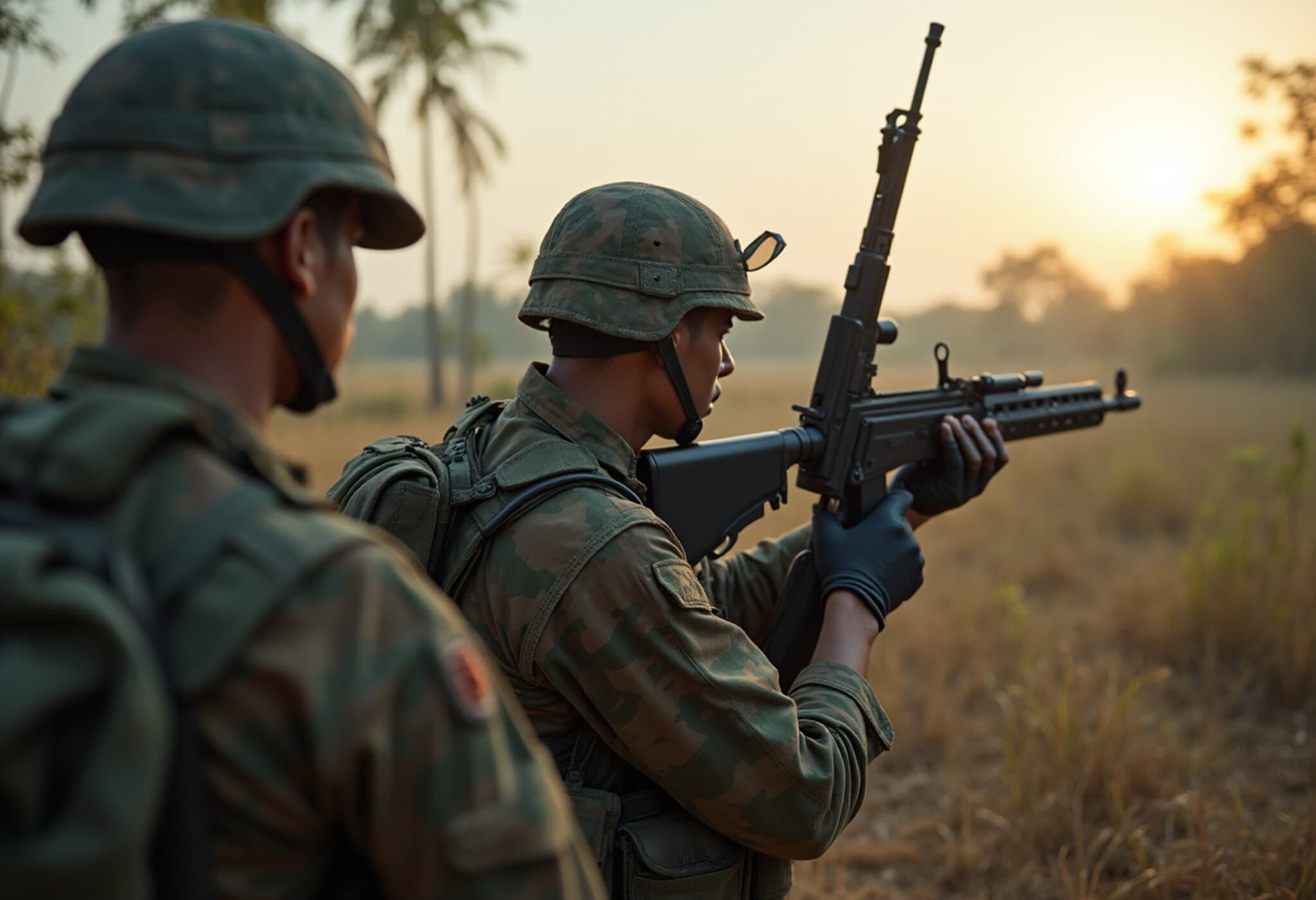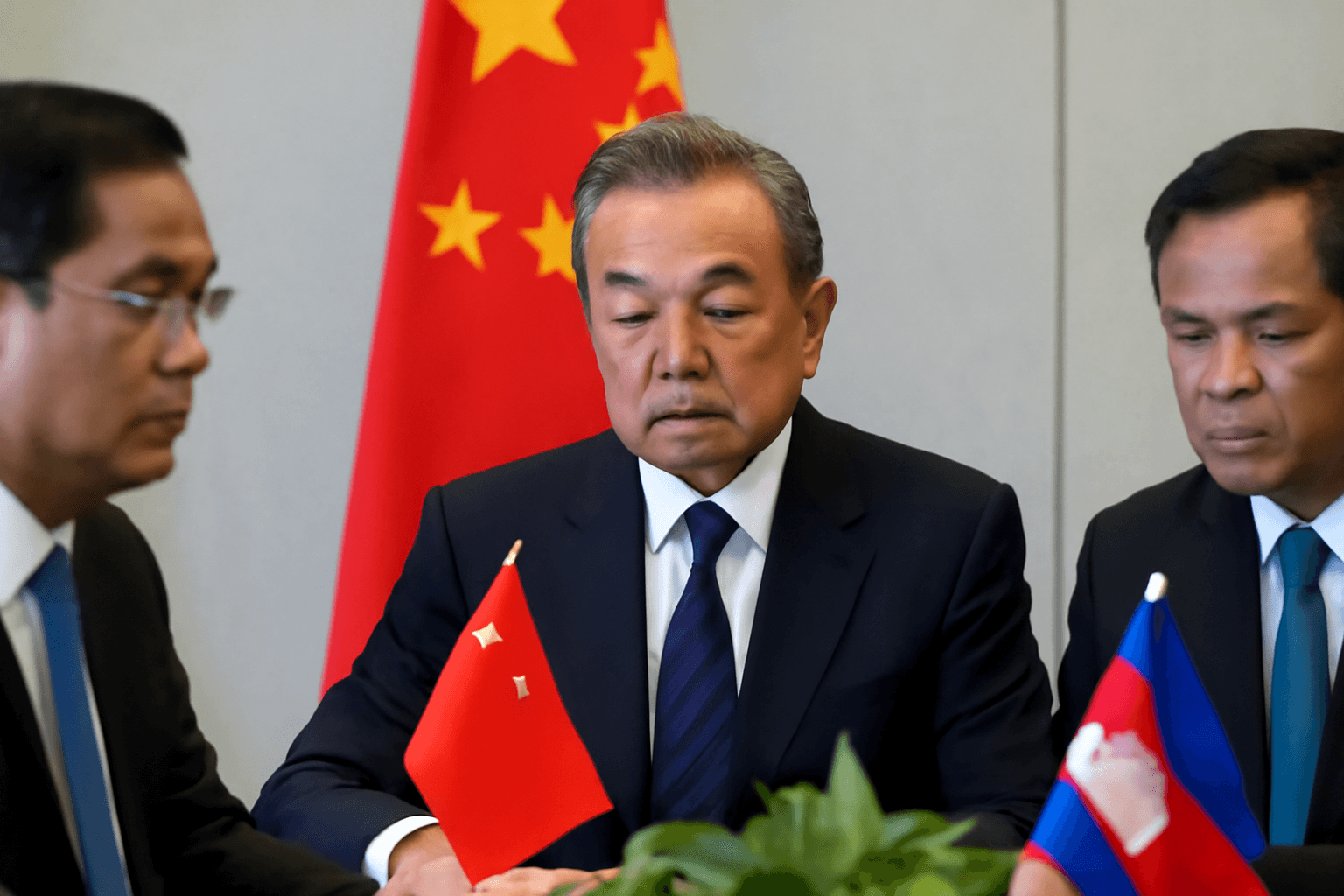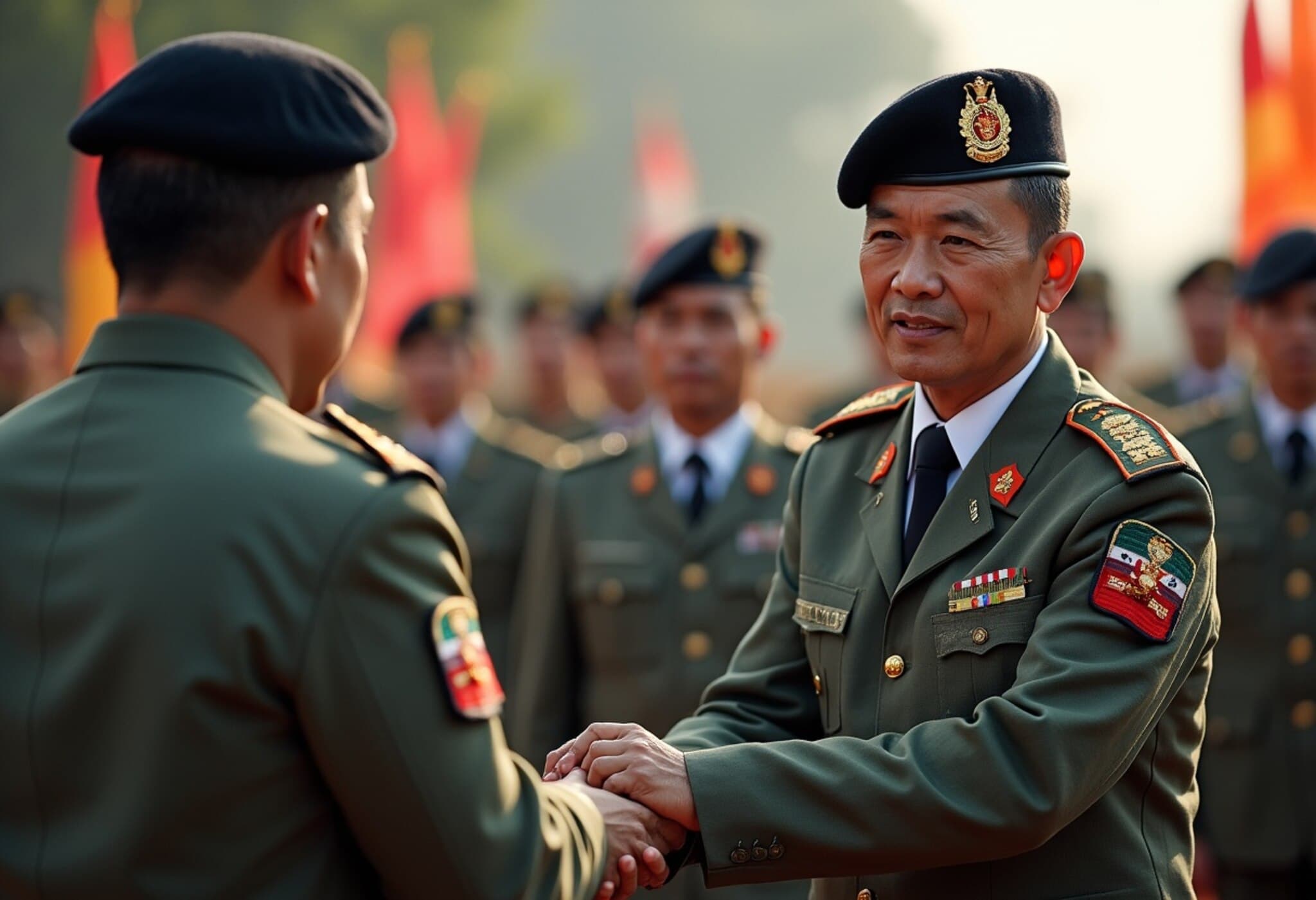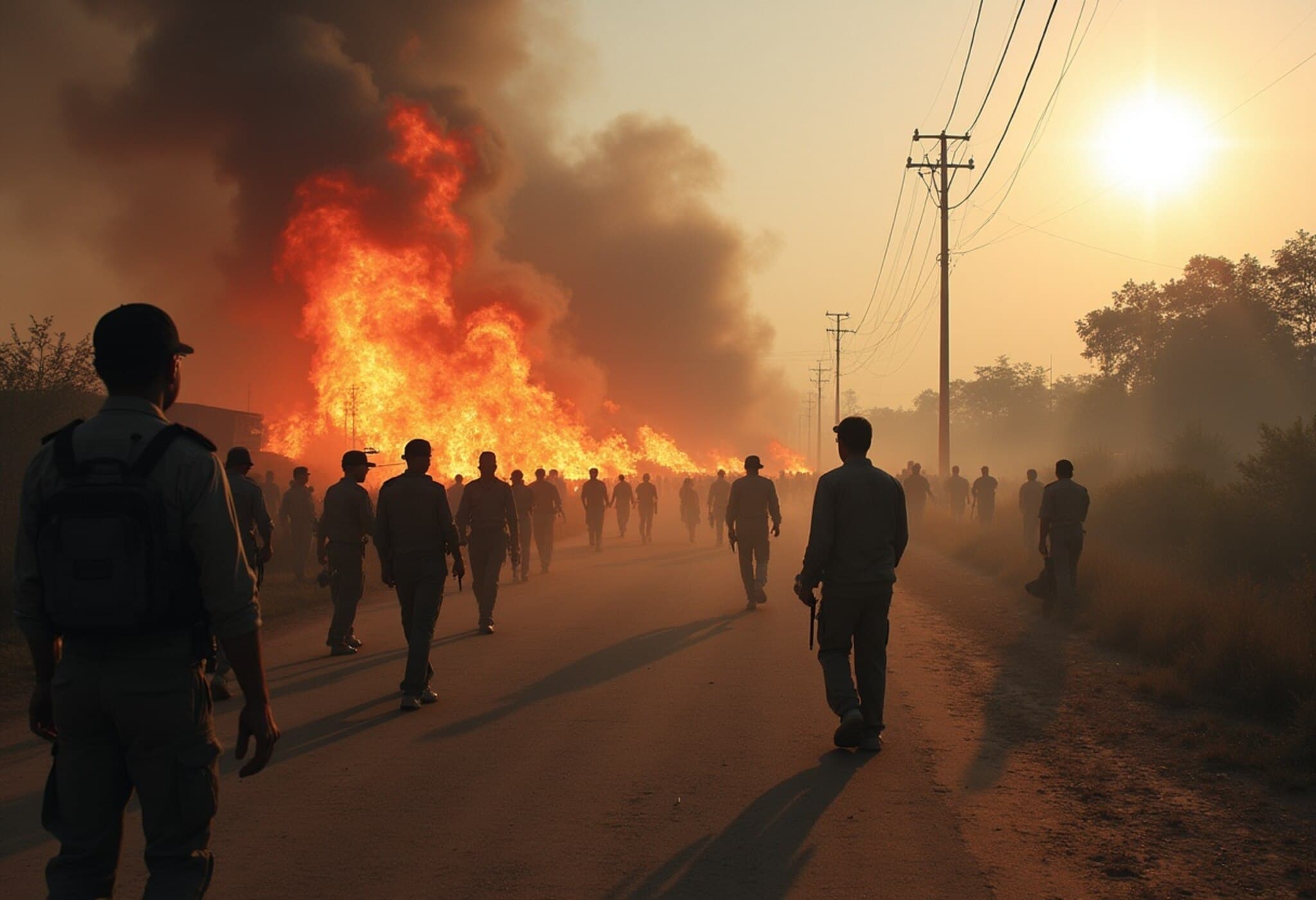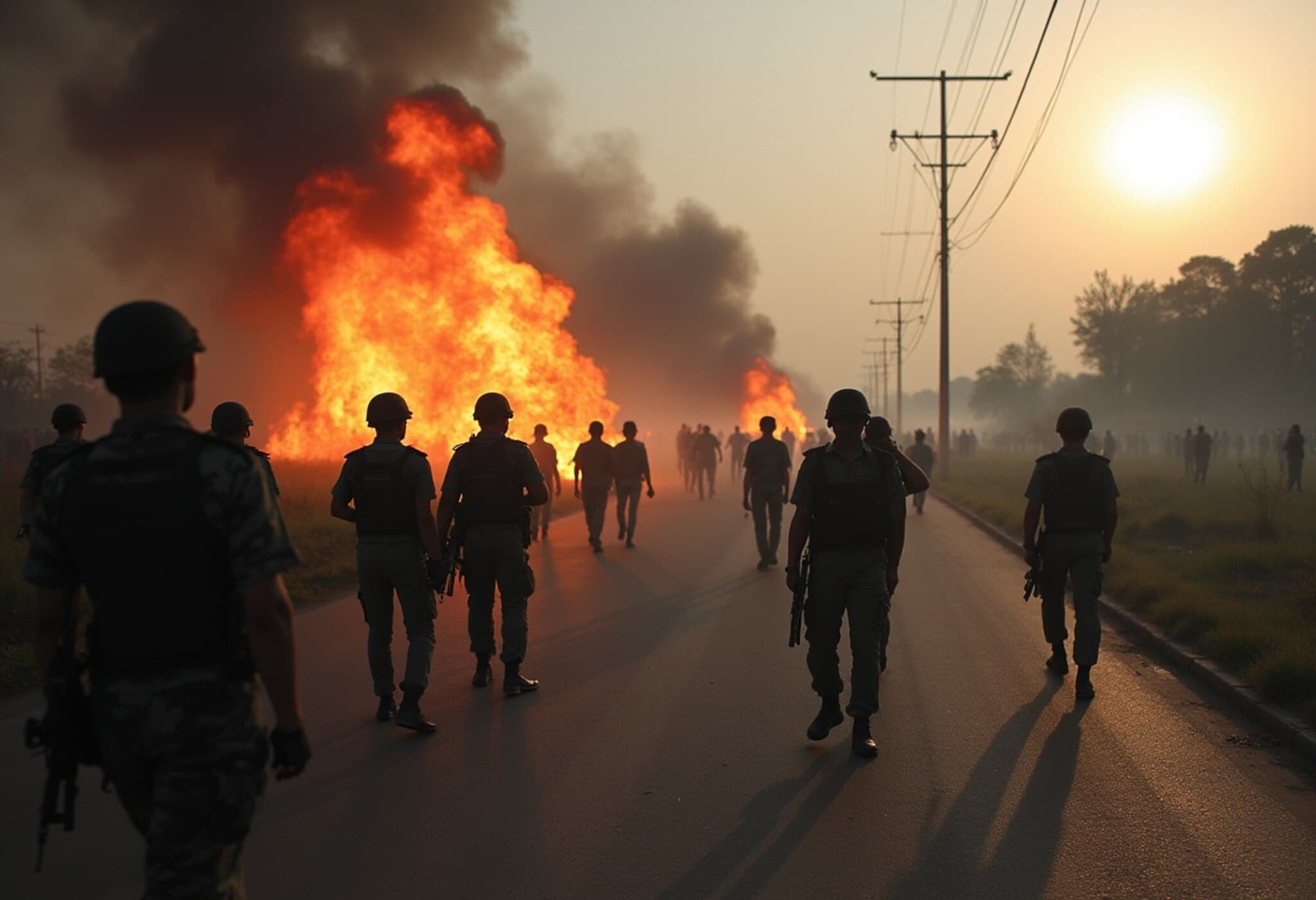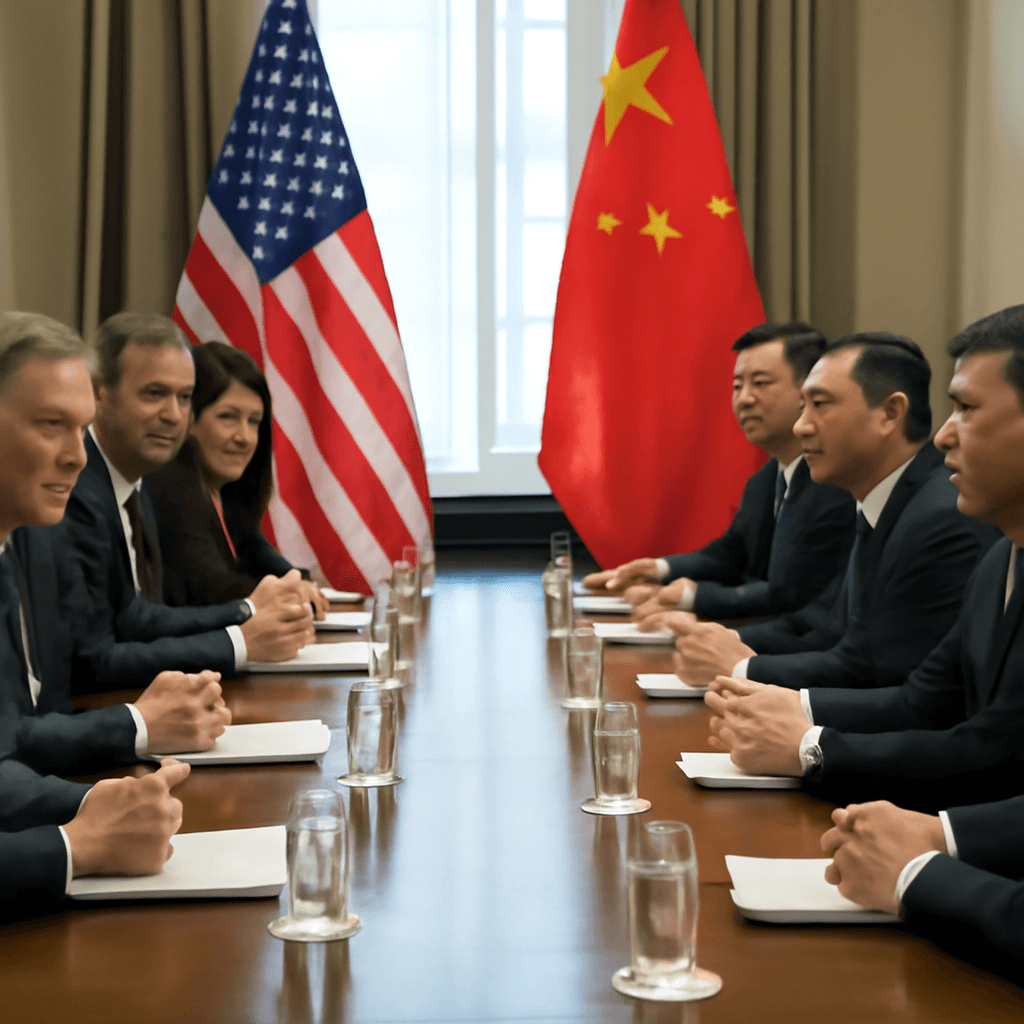Thailand Closes Key Borders Amid Clashes with Cambodia
On June 7, 2025, Thailand took the precautionary step of closing two major border crossings to tourists following renewed military tensions with neighboring Cambodia. The decision came after a recent clash on May 28 resulted in the death of a Cambodian soldier in the contested area known as the Emerald Triangle, where the borders of Thailand, Cambodia, and Laos converge.
Historical Context: A Long-Standing Border Dispute
The Thai-Cambodian frontier, stretching approximately 817 kilometers (508 miles), was originally mapped in 1907 during Cambodia’s colonial period under French rule. Since then, various portions of this border have remained undemarcated, fueling periodic disputes between the two countries.
Hostilities first escalated significantly in 2008. Interestingly, the initial flashpoint was an 11th-century Hindu temple, which led to outbreaks of violence lasting several years over disputed sovereignty. In 2013, the International Court of Justice (ICJ) ruled that the contested site belongs to Cambodia. However, Thailand has rejected the ICJ’s authority on the issue, preferring to pursue a direct bilateral resolution.
Thai Government’s Response and Security Measures
Authorities in Chanthaburi province announced the temporary suspension of tourist crossings at two permanent checkpoints, aiming to prevent further escalation. The Royal Thai Army cited concerns over threats to Thailand's sovereignty and security, though trade and the movement of Cambodian workers into Thailand would continue uninterrupted.
Additional precautions include reduced hours and tighter restrictions at six other checkpoints, with a specific ban on six-wheeled vehicles. Thai Defence Minister and Deputy Prime Minister Phumtham Wechayachai highlighted Cambodia’s increased military presence along the border as a source of heightened tension.
“There has been a reinforcement of military presence which has exacerbated tensions along the border. Consequently, the Royal Thai Government has deemed it necessary to implement additional measures and reinforce our military posture accordingly,” Phumtham stated.
The Thai army has declared readiness to launch a high-level operation should any actions violate Thailand's sovereignty. Despite this escalation, the Ministry of Foreign Affairs emphasized a commitment to bilateral talks with Cambodia scheduled for June 14, in hopes of peacefully resolving ongoing disputes.
Cambodia’s Position Amid Rising Tensions
Cambodian Prime Minister Hun Manet addressed the situation firmly, expressing that Cambodia does not seek conflict but remains prepared to defend its territory. Earlier this week, Hun announced Cambodia’s intention to approach the ICJ once again regarding the border dispute.
Although both countries had tentatively agreed to de-escalate tensions following the recent fatal incident, Cambodia has refused to withdraw troops from the disputed zone despite requests from Bangkok, maintaining a defensive posture.
Regional actors, including the Association of Southeast Asian Nations (ASEAN) and China, have since stepped in with diplomacy efforts aimed at calming the situation.
Looking Ahead
As Thailand and Cambodia navigate this precarious moment, the upcoming bilateral discussions on June 14 will be critical. The international community watches closely, hoping for a peaceful resolution to disputes rooted in deep historical complexities but exacerbated by recent provocations.
Tourism, trade, and regional stability hinge on the outcomes of these talks, making it essential for both countries to prioritize dialogue over confrontation.

